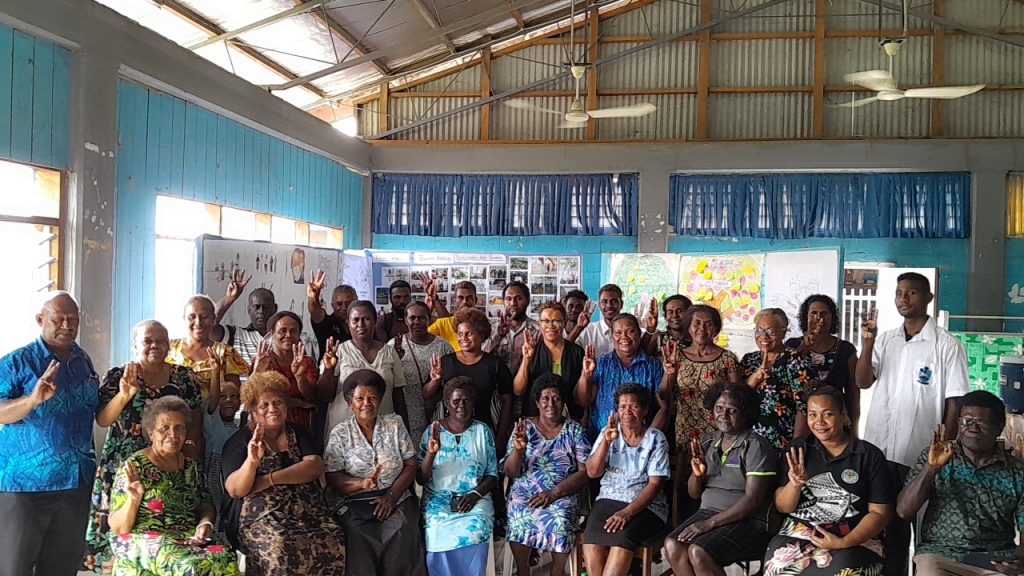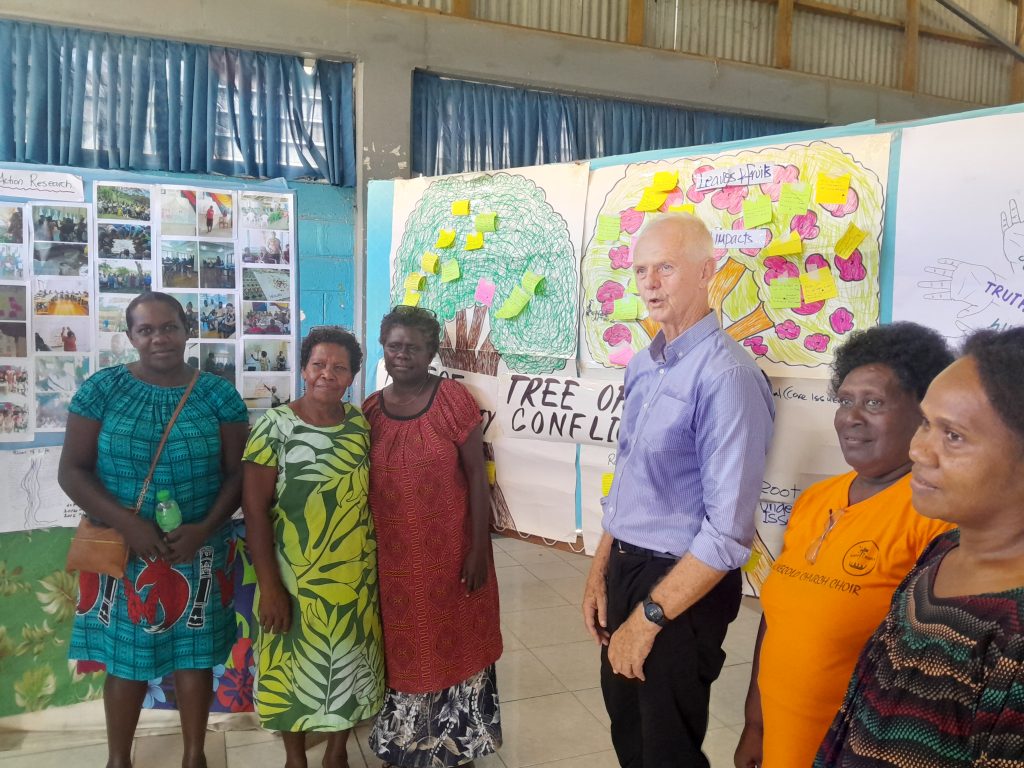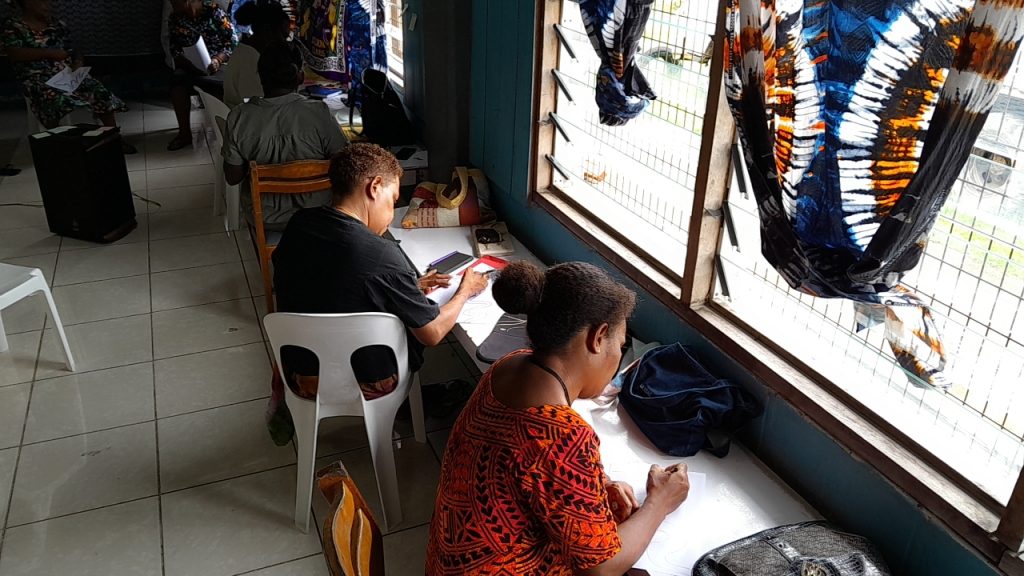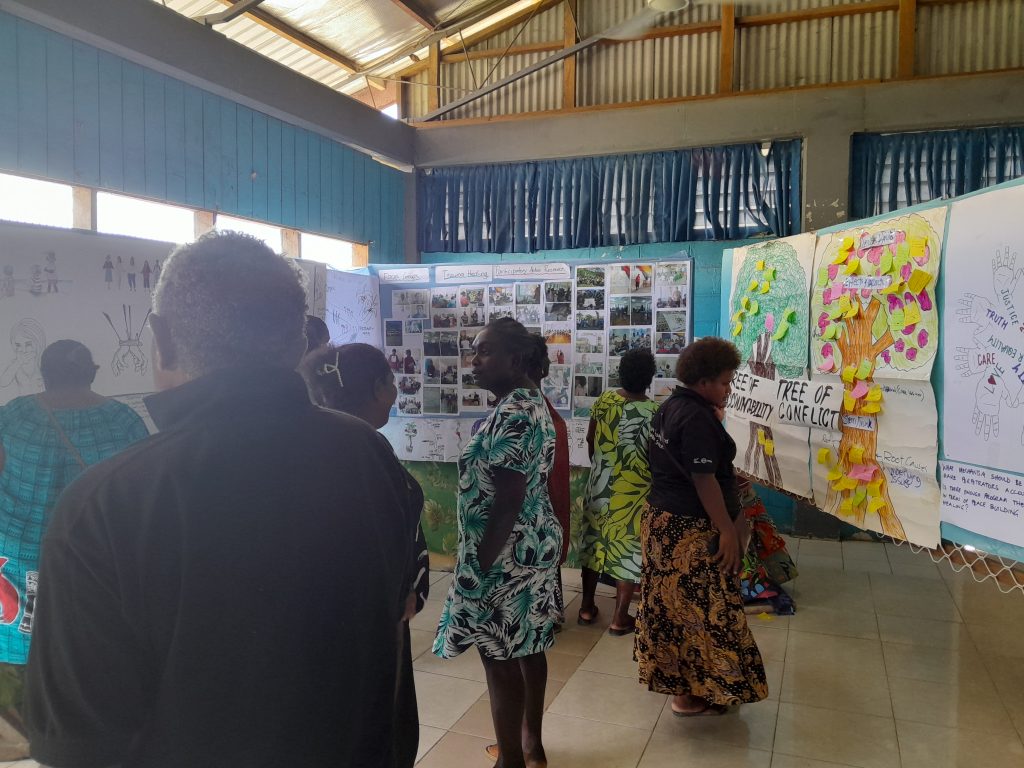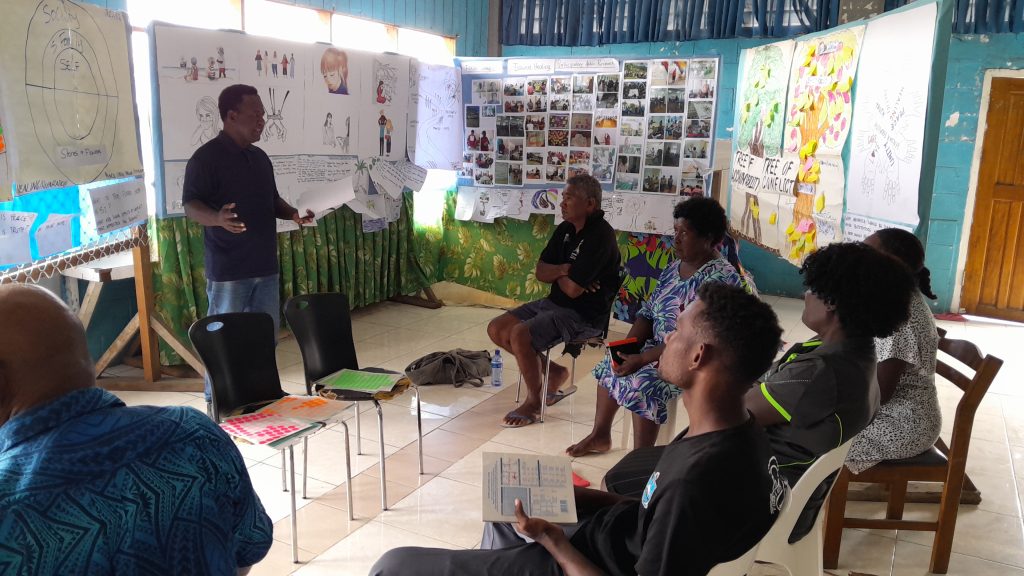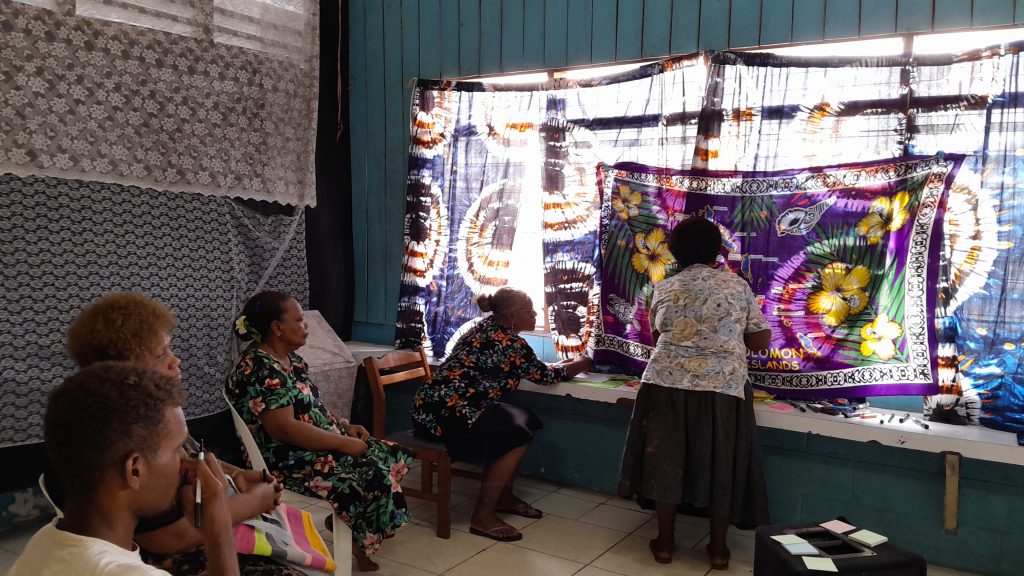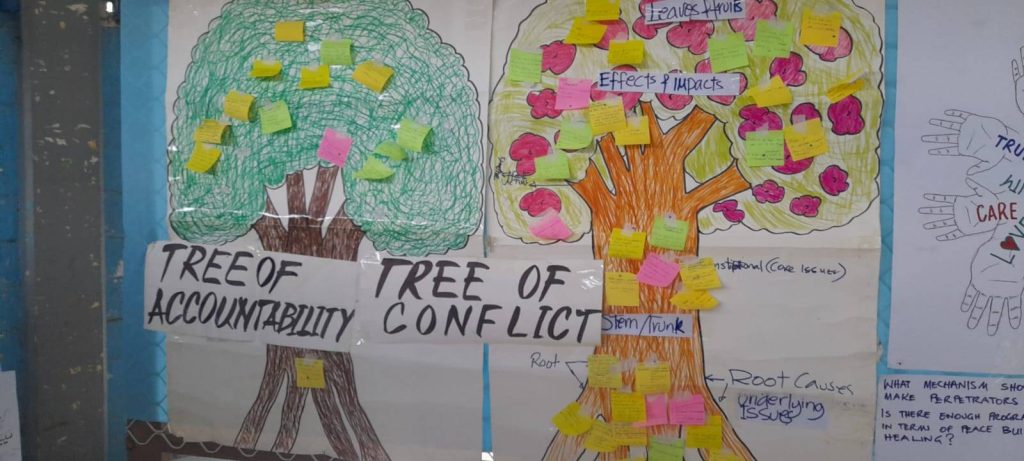
Honiara, Solomon Islands, 27 February 2024 – In the Solomon Islands, a state in the western Pacific Ocean, the aftermath of the five-year conflict period that started in 1999, continues to impact many individuals and communities in the country. There, a close-knit, community-based organisation has been involved and committed in a significant peacebuilding initiative by acknowledging and healing untreated post-conflict trauma – one community at a time.
The Solomon Islands Trauma Healing Association (SITHA), has been focusing on providing trauma support and rehabilitation to individuals and communities who are affected by conflict in the Solomon Islands. Through a process that commenced in 2022 with Asia Justice and Rights and other civil society organisations in Asia, SITHA began to work on strengthening the understanding of civil society and victims’ groups on the transitional justice mechanisms and how it would contribute to the peacebuilding process. This week, the culmination of this process – a report disseminated in a two-day seminar accompanied by an exhibition – was launched.
Held at the New Hope Academy in Honiara on 27-28 February 2024, the National Seminar and Exhibition provided a platform to reflect on the work SITHA has done with victims’ groups and communities in the Solomon Islands over the past eighteen months. During the two days, SITHA and survivors shared stories and experiences of community peacebuilders and learned about findings and recommendations of the Solomon Islands’ Truth and Reconciliation Commission (TRC). The TRC’s Final Report was submitted to the government in 2012, but parliamentary deliberation on the report and its recommendations only began in September 2023.
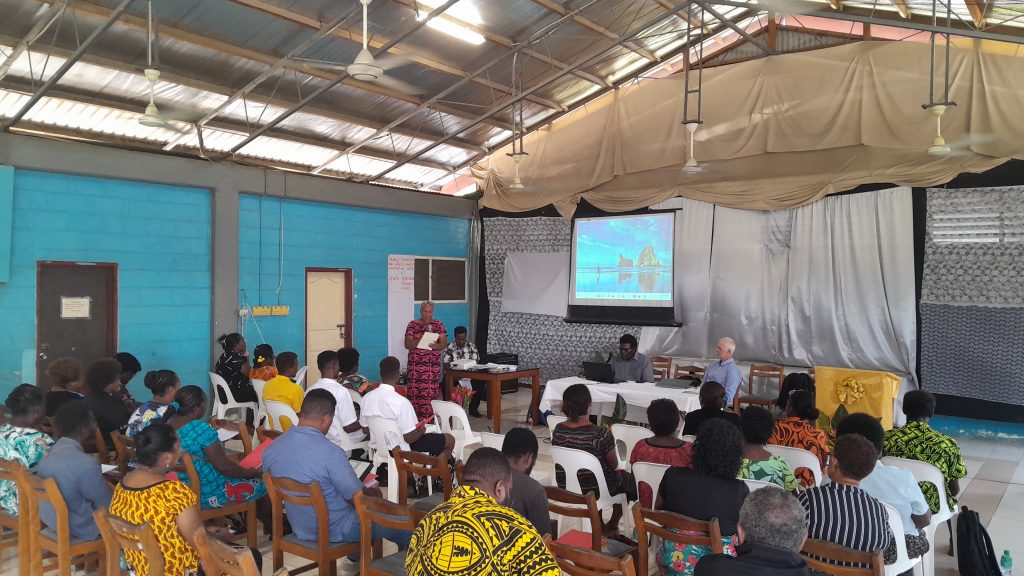
The seminar, attended by a diverse group of 30 participants including government officials, religious leaders, community and women leaders, students, civil society organisations, and conflict survivors, delineated how the findings and recommendations of the TRC process contribute to peace, provide a road map to justice, and take meaningful steps towards social healing. Pauline Firisua of SITHA, recalled how in August and September 2022, the organisation started only conducting two trauma healing workshops in two locations with 60 survivors of human rights violations and community members, attended mostly by women.
This was followed by three participatory action research (PAR) workshops in three provinces that provided an opportunity to listen to the voices of survivors, engaging them in dialogue on how to strengthen peace from their perspective. In total 100 persons participated in these discussions. This action research brings forward insights to local peacebuilding processes, mapping early steps toward a potential path forward.
Patrick Burgess, President of AJAR, shared how participants in the trauma-healing workshops over the past months reported many transformative experiences. He emphasised that the program’s impact began with simply acknowledging the various ways trauma affects daily lives – all of which can also be read in the final report titled Voices of Survivors and Peacebuilders in the Solomon Islands.
He provided a powerful example: “We were running a program in a village on Guadalcanal when a nursing student who was struggling with severe trauma wanted to take her own life. Fortunately, a friend who had participated in the program intervened. Because of the skills learned in the workshop, she was able to listen and offer support, and today, the nursing student is continuing her studies and will soon graduate.”
Over the two days, audiences in Honiara were also treated to an exhibition of photos and artwork, a panel discussion, and a presentation of key themes from the participatory action research. As well as expanding the network of peacebuilders, the event was an opportunity to increase understanding of transitional justice and the importance of the TRC for peacebuilding. As one participant eloquently stated after, “House of Peace, like the method we use for research, is the foundation of this country – strong house strong country, weak house weak country.”
This activity is part of the #PeacebuildingandTJ project to promote accountability for peace through community-led transitional justice with a focus on institutional reform and non-recurrence. Held in collaboration with Asia Justice and Rights, Cross-Cultural Foundation (CrCF) (Thailand), Solomon Islands Trauma Healing Association (SITHA) (Solomon Islands), and Assosiasaun Chega! Ba Ita (ACbit) (Timor-Leste), and made possible with the support of the European Union.
